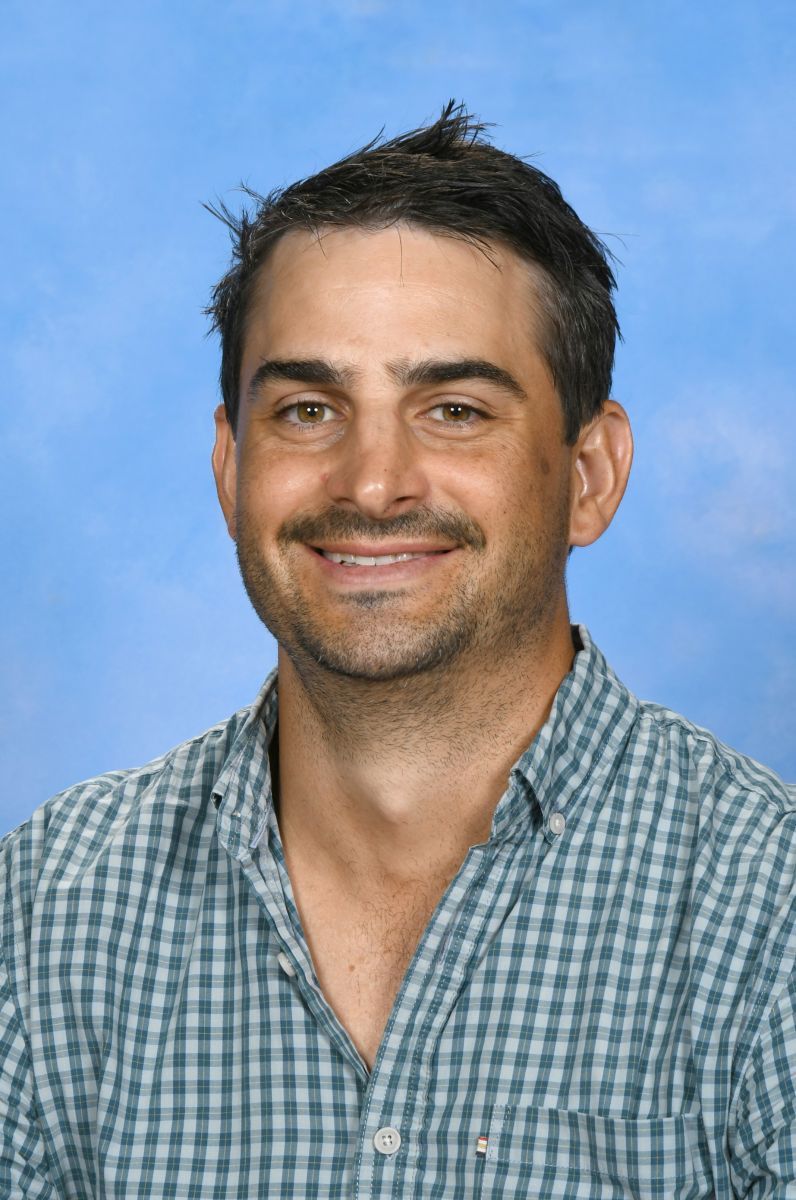More pages in this section
Pastoral Care
Pastoral Leaders

Ben Williams Putney

Kylie Tillack Nolan

Owen Flanagan Treacy

Matthew Groves Rice

Michael Turner Baillie

Paul Bruce
Carew

Liam Dunne
Reid

Christian Quabba
Dean of
Student Well-being

Gian Guerra
Cultural
Co-ordinator
Ignatius Park College espouses a specific approach to pastoral care and behavior development based on Restorative Practices philosophy. This philosophy, which is in keeping with the College's Ricean approach to education, serves to provide Ignatius Park College students with the opportunity to develop self-discipline and positive behaviours in a caring, supportive environment. It holds students at its centre and acts as a mechanism through which individuals can successfully obtain a holistic education. Through planned strategies and informal experiences, the Ignatius Park College pastoral care infrastructure enables students to feel safe, supported, but most of all, motivated towards achieving their goals.
Within the school environment, one of the fundamental needs of the community is for people to cooperate. The highest levels of cooperation are found when individuals feel a high level of pride in membership of the group and a high level of respect within the group.
- A high level of pride in being a member of the group means that the students feels that "It's good to be an Ignatius Park College student"
- A high level of respect is felt when a student believes that he "has a place here at Iggy Park", and people take an individual interest in his wellbeing.
Adolescent boys need to belong to a group and feel as though they are playing a significant role within that group. Building group identity and positive identification with and within the group is therefore critical and the central focus of pastoral care at Ignatius Park College.
It is for this reason that the Ignatius Park College Pastoral team strives to ensure the students in their care feel a sense of belonging and respect within the College community. This feeling of belonging and significance, however, is only one side of the coin.
In any school from time to time things will go wrong, conflict will occur and members of the College will do the wrong thing. In addition to building belonging and significance, it is the manner in which the college community deals with conflict and wrongdoing, which is critical to building healthy, safe College communities.
To ensure Ignatius Park College is building a healthy, safe community the Pastoral Care and Behaviour Development system has been based on the following principles:
- A commitment to the values of Edmund Rice Education.
- The promotion of positive self-esteem and personal spirituality.
- The establishment of self-directed right behaviour, developing in students a responsibility for their own actions and an awareness of the consequences of their actions.
- The nurturing of right relationships among all members of the community.
- The deliberate building of social-emotional competencies and psychological and social resilience in our students.
Forming the foundations of the Ignatius Park Pastoral Care program is the College House System. Students of Ignatius Park College are welcomed into one of 7 Houses, each house led by a College Pastoral Coordinator and comprising 150 students broken up into 10 homerooms ranging from Years 7 through to 12. Throughout their life at Ignatius Park, students will belong to the same House and a homeroom consisting of 15 students, led by a homeroom teacher. These homerooms are an integral component in developing an environment of trust, support and friendship.
Edmund Rice Education Australia Colleges LTD,
Trading as Ignatius Park College. ABN: 58 395 448 571
There are 8 weeks in Term 4
Contact
384 Ross River Road,
Cranbrook, Townsville
Queensland, 4814
Employment
Links
![Acknowledgement of Country]() Acknowledgement of Country
Acknowledgement of Country
The Ignatius Park College Community would like to humbly acknowledge the Wulgurukaba peoples on whose land our College is located, as well as the Bindal peoples on whose land many of us live and travel across daily. We respectfully thank the elders of this traditional land both past and present for guiding us through the journey of time to where we are today.






